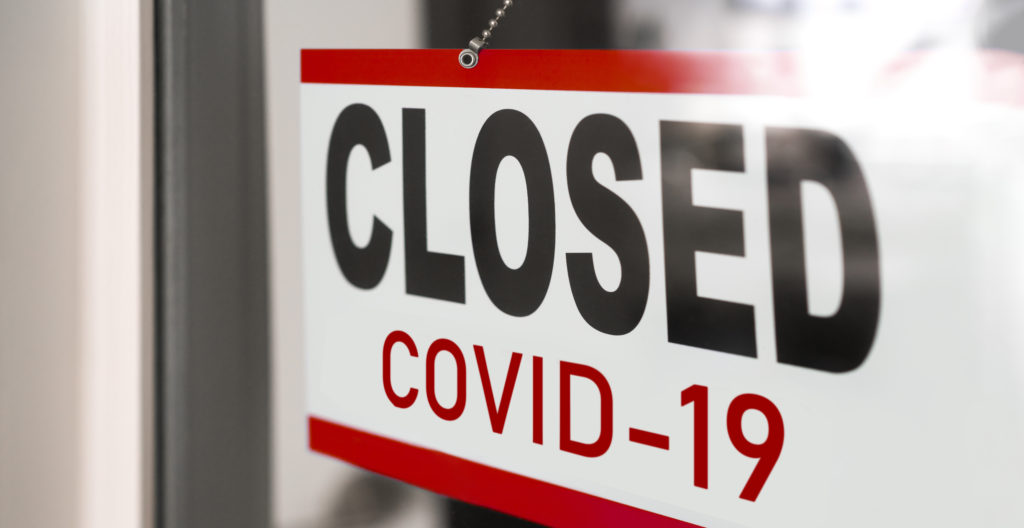The Hundred Million Dollar Question: Our Two Cents
Franklin H. Caplan, Luis F. de la CruzJuly 30, 2020

Resilience financing image (Adobe)
Much of the controversy affecting the bond referendum debate comes from confusion and suspicion; products it seems of misunderstanding more than evidence of real disagreement. The Vice Mayor attempted this week to dispel confusion and drill-down on the specific and limited question to be put to the voters. That is, whether the next Council should have general obligation bond financing as an option pre-authorized by the voters. The purpose behind this is to enable Council, acting in real time as necessary based on real project needs, to select GOB financing over other financing options to pay for resiliency projects as the projects come up for approval, if GOB financing is found to be more favorable than other options.
The Vice Mayor rightly pointed out that the ultimate decision is up to the voters. Analyses in favor or in opposition have begun to be circulated and will doubtless be in plentiful supply between now and November. For now, the sole decision is whether to put the referendum on the ballot so the voters can choose. That decision is easy. Helping to inform the voters will be less so.
If approved, the referendum question would simply create an opportunity to take advantage of what might be the best way to pay for things. Without voter approval, a GOB option would not be available. The question now seems an easy no-brainer – to create in advance a possible option that could best serve our goals later and that would not be available otherwise. So why would anyone concerned with effective project management, fiscal stewardship and transparency oppose this anticipatory measure for possible savings and greater flexibility? We heard three objections from the dais:
The first had to do with timing. The tax base is down, requiring cut-backs. The notion expressed is that it’s the wrong time to take down debt or even plan for debt.
This is wrong thinking for various reasons, most of which go beyond the purpose here. It is sufficient to observe for the moment that referendum approval isn’t an approval to borrow money. It’s an approval to issue bonds through a whole other process if, as and when a decision to borrow is made and if that decision includes a determination that general obligation bonding is the best financing choice. Each one of those decisions requires an ordinance, which requires two public hearings, and a super-majority vote of at least five Councilmembers. This is no premature commitment or slippery slope. We know that big projects are coming. It’s simply a responsible action to take a required step now that could confer a benefit later. There is no downside; no con to this pro.
The second objection was that projects and costs aren’t specified. This is the “shovel-ready” argument. It’s a useless and self-hampering consideration.
There is no predicate for a “shovel ready” precondition to planning and for preparations to implement plans. It’s naïve and unnecessarily disadvantageous to think otherwise. Decisions will come as they come. Design, plans, permits, competitive bidding and contracts will all unfold in time. All of this will happen in the sunshine with case-by-case specifics flyspecked as case-by-case requirements dictate. Again, each financing decision will mean an ordinance; two public hearings and a five-member supermajority vote.
The only matter at issue now is whether one of the financing options can automatically be a general obligation bond, without requiring a referendum at the time decisions need to be made, which may not coincide with a regular election. Again, there is no downside. Something like the skepticism and contentiousness attending this referendum question could attend later decision-making. If so, so be it, but at least the possibility of GOB financing would exist in support of any decision that would emerge, without need for a special election that might not be feasible at the time.
The third objection seems to revolve around impecunious government. The point of the objection is a bit obscure to these writers, but the notion expressed seems to be that an inevitable debt trap would follow the referendum, presumably because a pre-authorized GOB option would tempt future Councils to spend massive sums of money, recklessly. One councilmember expressed distrust of future governments, implying that this Council’s laudable restraint and good intentions could be undone by another Council’s spendthrift propensity.
This does not rise to the level of a thoughtful or even credible rationale for opposing the ballot measure. We’re anticipating the reality that projects will move forward and will need to be paid for, even if, as some are starting to contend, our ultimate future is abandoning the island and migrating elsewhere. It is not pertinent to oppose future spending categorically when the entire point of this initiative is to prepare for future spending on the most favorable terms available.
And with regard to distrust of future governments, welcome to democracy. If a given councilmember is restrained from making a decision today because he or she can’t control the future, that councilmember is hamstrung in fulfilling a basic responsibility. Representatives cannot responsibly opt not to do what needs to be done because someone in the future may do something else. Change is an intrinsic possibility. Happily, much decision-making is informed by that type of small “c” conservatism that seeks to avoid radical, lurching, destabilizing and disorienting changes. And the future is guided by the past, as revealed and explained in no small part by good decisions made along the way, and by well-informed civic engagement with the kind of participatory zeal we see today, and by institutional knowledge transmitted Council to Council, generation to generation.
There is no reason to pull the referendum. There is good and compelling reason to explain what resiliency means in fact, and what we need to do to ensure sustainability and quality of life in and for this community.


